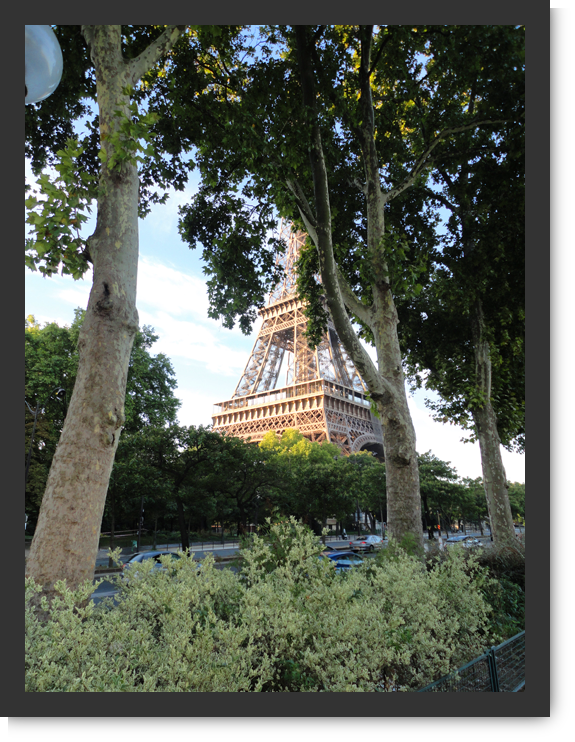A sense of community
The many cultures of Europe
Europe is different than the United States in that despite its size (Europe is only 3% larger geographically than the US), it has far more native languages and cultures than does the United States. While I’m not a sociologist (and I’m writing this on my first trip to Europe, while having only visited France and Belgium), I would guess that this amazing variety of cultures is due largely to the longer lengths of time for which these different communities have existed (and warred) prior to our current age of communication and globalization, such that they still maintain their strong cultural differences despite their close proximity. The US, on the other hand, is a single country and is only approaching two and a half centuries of cultural development, a large percentage of which occurred during and after the technological revolution – a force that pressures cultures to become more homogenized due to the economies of scale accompanying mass production and large-scale advertising.
That being said, there is much to appreciate in cultural differences that exist from place to place: specialties of cuisine, language, and custom that allow someone (especially a tourist such as myself) to feel as though they have really experienced a place and better understood its heart. The north of France, for example, has a culture called Chti, (pronounced shtee) which describes a way of talking and acting special to the region. There is a saying about the Chti culture: you cry when you have to go there (because of its old-school nature as compared to more modern cities like Paris and Marseilles) but you cry when you leave (because you’ve come to love the close bonds that people hold up north, valuing highly family and friendships).
Community differentiation and economics
It’s easy for us to be lulled into the concept that we should all live the same, buy the same clothes, eat the same food – especially when aspects of business and economics push us in that direction (look at the success of giants like Wal-Mart and McDonalds). But lets not forget the urge for human beings to experience something unique, especially something unique to a region – because of the way it allows you to connect with the people there. Not only do local customs enhance a community for those who live there (think of Nevada’s Balloon and Air Races for example), but they create an avenue by which tourists can connect with a culture through the experience of something new.
I have lived enough places to know that we are not all the same. Our communities greatly influence our preferences and habits. To specialize is to celebrate one’s differences – not with the aim of creating exclusivity, but merely to acknowledge the individuality that communities possess. To capitalize upon this, to support and foster a unique community, is differentiation (that old marketing strategy) at a communal level.



October 16th, 2010 at 2:57 pm
[…] about those events that make our community unique – especially considering I’d just blogged about the communities (and cultures) I experienced on my recent trip to […]